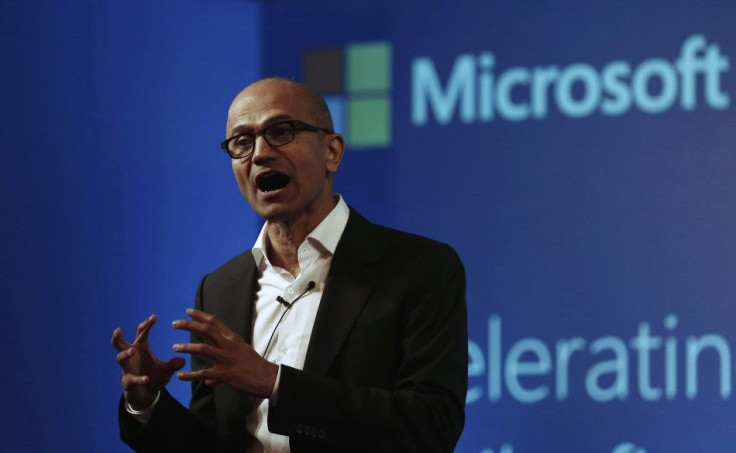Windows 10 companion feature Cortana app out for beta on Android

Android users can now have a taste of Microsoft’s digital assistant. The company has released a public beta of the Cortana application to all Android phone users.
Earlier, Cortana was exclusively available on the Windows Phone. In May, Microsoft announced that the digital assistant will come to Android Phones and iPhones. For now, it is already available for Android users in the U.S., but customers in other parts of the world will have to wait until it’s rolled out to other markets. iOS users need not worry because Microsoft has already promised that an iOS version will also be available.
With Windows 10, Microsoft has also introduced the digital assistant into its desktop versions. The current Windows 10 users are aware of the obvious benefits of Cortana. The Cortana app on Android is nothing but a companion of the Windows 10 PC. Microsoft’s digital assistant on the phone can perform almost all the functions that it does on the Windows 10 PC or on a Windows Phone.
Cortana has been designed to execute activities of any regular smartphone user. This includes setting reminders and notifications on specific time, taking notes, searching the web on the go, tracking information like flight details as well as making phone calls. Cortana on Android maintains the same user interface, or UI, of its Windows Phone counterpart.
Users can also integrate their Android phones with a desktop running on Windows 10. Once they're integrated, users will be able to see their notes and emails from the computer right into their Android mobile device, NDTV Gadgets reports.
However, Cortana on Android will have certain differences from its native Windows environment. For example, launching apps or invoking Cortana by just saying “Hey Cortana” will only be available on Windows for the time being.
In April 2014, Cortana was first announced as Microsoft's answer to Apple’s Siri and Google's Google Now voice-powered assistants. Microsoft is in the process of continuously improving the digital assistant's user experience and incorporating new features soon.
Contact the writer at feedback@ibtimes.com.au or let us know what you think below.






